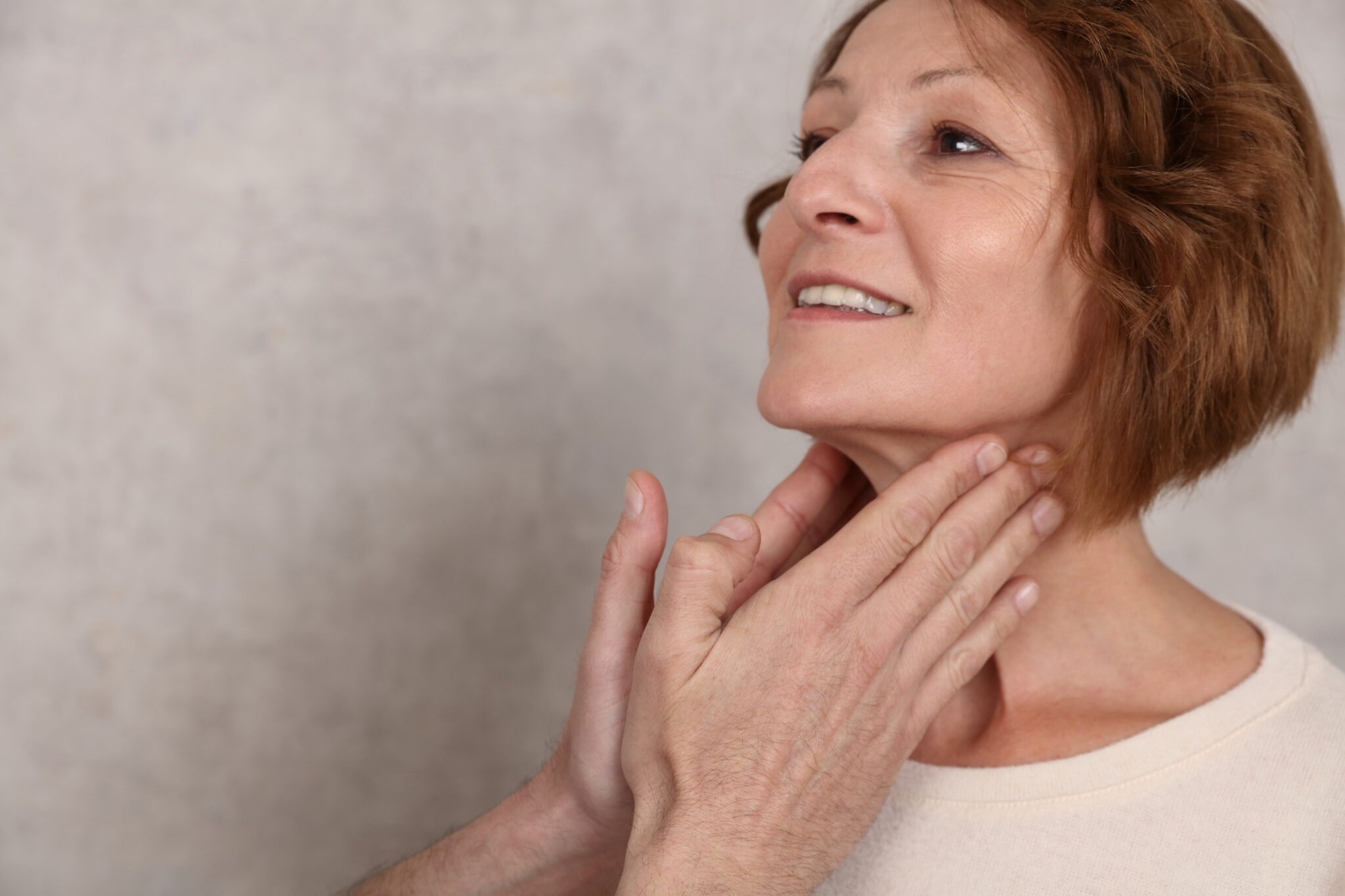Treating A Case Of Hypothyroidism With Homeopathy

Introduction
Homeopathy is a system of medicine that is based on the ‘Law of Similars’. In simple words, it means a substance that can produce symptoms in a healthy individual is capable of curing a patient suffering from similar symptoms. Homeopathy follows a holistic approach by considering the patient as a whole, and we believe a person is healthy only if his/her mind and body are both in balance and in harmony. Aside from common minor conditions, homeopathy can help treat more nuanced situations, such as hypothyroidism. I’ll share my story with a patient with this particular disease.
As background, I am a Registered Homeopathic Practitioner with a Postgraduate Degree currently practicing in India. In my day-to-day practice, I see a lot of people suffering from various chronic illnesses. Some are due to their imbalanced lifestyle and some are simply hereditary. In both cases, we require a detailed study to analyze the state of the disease, provide a prognosis, assess the management required, and formulate an adequate person-specific treatment plan.
This method of individualizing each case is the soul of homeopathy, and it helps to manage a patient more effectively. When a patient walks into my clinic, I do a thorough case study which includes a complete disease history with previous treatments taken. I also assess relevant mental or emotional disturbances which led to or occurred as a result of the current disease state. Lastly, I analyze the patient’s habits, previous illnesses, and any relevant family history to understand the patient completely.
Case study
This article is about Theresa, a 65-year-old female, diagnosed with hypothyroidism. The patient presented symptoms like weight gain, breathing difficulty, tiredness, loss of appetite, and disturbed sleep from a few weeks. She was diagnosed with hypothyroidism two years ago and was taking allopathic medication. Theresa had stopped all her medications 6 months back as she was not feeling well with the conventional treatment. When she came to me her TSH was 13.23μIU/ml. After assessing her for about 30 to 45 minutes, I came to know that she had a previous history of goiter for which she underwent surgery twelve years back.
The patient also had hypertension for the past three years as well as osteoarthritis in the knee joint. The pain would become worse in the morning upon exertion and in cold weather. Regular walking would exhibit stiffness of the joints along with restricted movements and crackling. I conducted a detailed physical examination to analyze the mobility of the joints, blood pressure, and basic cardiac and respiratory examinations.
Treatment and General Management
We started the homeopathy treatment for her hypothyroidism condition in December 2020. I prescribed two homeopathic remedies, which included Calcarea Carbonica 200, as her constitutional remedy and Rhus Toxicodendron 30 for improving fluid formation (lubrication) of joints. I advised Theresa to include calcium-rich food in her diet, like milk, eggs, etc., and to take plenty of water. In addition, I asked her to do walking or light exercise for 30-45 minutes a day. However, she could increase the duration of the exercise depending on how she felt.
Results
As days passed her symptoms and their intensity started to come down. Initially, her appetite and sleep improved which made her feel more refreshed and energetic. By the end of one month, she started noticing improvement in her weight and breathing. Her joint pains reduced and mobility of joints improved. I asked Theresa to retake her Thyroid Function Test after six months of treatment, to evaluate her improvement. Theresa reported her Thyroid Function Test results by the 5th month of treatment and her TSH value was 6.11μIU/ml.
Hypothyroidism is an endocrine disorder, caused by a hormonal imbalance, which I often see as a homeopathy practitioner. Considering the age and previous history of the patient, correcting thyroid functions in a span of few months was a great accomplishment, thanks to Theresa’s follow-through. Theresa continued the treatment further to address her joint problems and hypertension.
Dr. Dona Thomas BHMS MD


Leave a Reply
You must be logged in to post a comment.